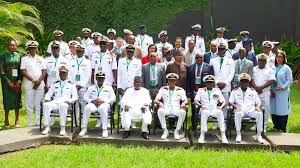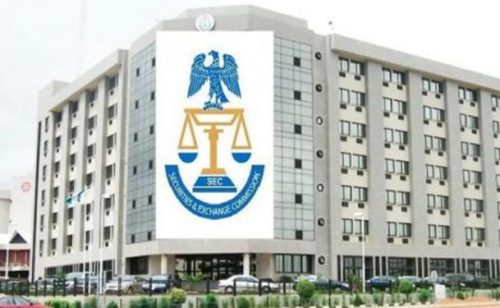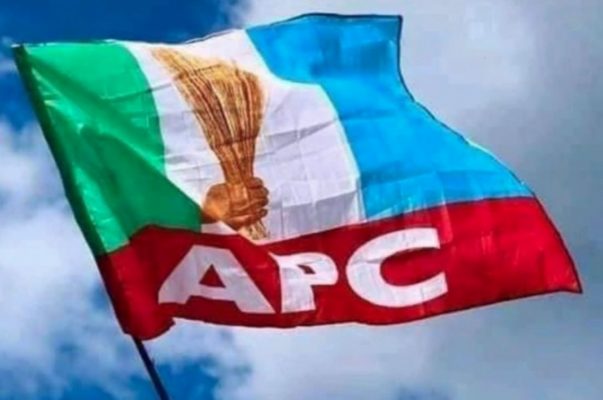Paint manufacturers task FG on standardisation

The Paint Manufacturers Association of Nigeria, a subsidiary of the Manufacturers Association of Nigeria (MAN), has called on the Federal Government to set a standard for the local paint manufacturers in the country as it will help in reducing the substandard product from the Nigerian paint market.
Mr. Rotimi Aluko, Chairman, PMA, who made this call in Lagos recently, during the association’s 2017 coating show in Lagos, with the theme “Raw Materials Sourcing for Coating Industry,” noted that the show was to emphasise to stakeholders the importance of producing good quality paint products that will help to keep the environment safe for all to live in.
Aluko said: “We urge Nigerians to use made in Nigeria paint products with MANCAP Certification for their painting and decorative. Once more, we confidently assure Nigerians that our members have the capacity and capability to meet paint requirements of the country.
“The problem of adulteration, faking and sale of paints with nuisance value is still rearing its ugly head. The menace has got to alarming dimension. Those individuals who engage in the act now do it in the open mainly at the building sites, markets and some residential corners. This poses danger to people’s health as well as the environment. The environment is polluted and people especially children are exposed to various health hazards when process is carried out in the open and market places.”
He warned that paints produced at building sites or on corners in markets do not have all the ingredients of good quality paints, adding that this leads to constant failures of such paints a few months after application.
“Despite the launching of its Operation Flush in 2015, which was aimed at tackling substandard, fake, adulterated ad counterfeit products in the country, we are yet to feel the impact of the initiative in our industry,” the PMA chairman added.
In his presentation, Director-General/Chief Executive Officer the Raw Materials Research and Development Council (RMRDC), Dr. Hussaini Doko Ibrahim, noted that the present scenario of forex challenge can be termed a blessing in disguise as it affords industry players the perfect opportunity to partner with government, academia and research institutes for local production of raw materials from available natural resources.
“The architectural coatings subsector depends heavily on the performance of the construction sector, whereas industrial coatings are linked closely to the automotive, major appliance and industrial equipment sectors. Architectural coatings include interior and exterior house paints, primers, sealers, varnishes and stains. Industrial coatings include automotive paints, can coatings, coil coatings, furniture finishing and road-marking paints.”
He pointed out that with emphasis on new technology and innovations to maintain competitive edge in the global paint additive market by manufacturers, modern research has evolved with additives known as wax additives.
Joy Ekeke










